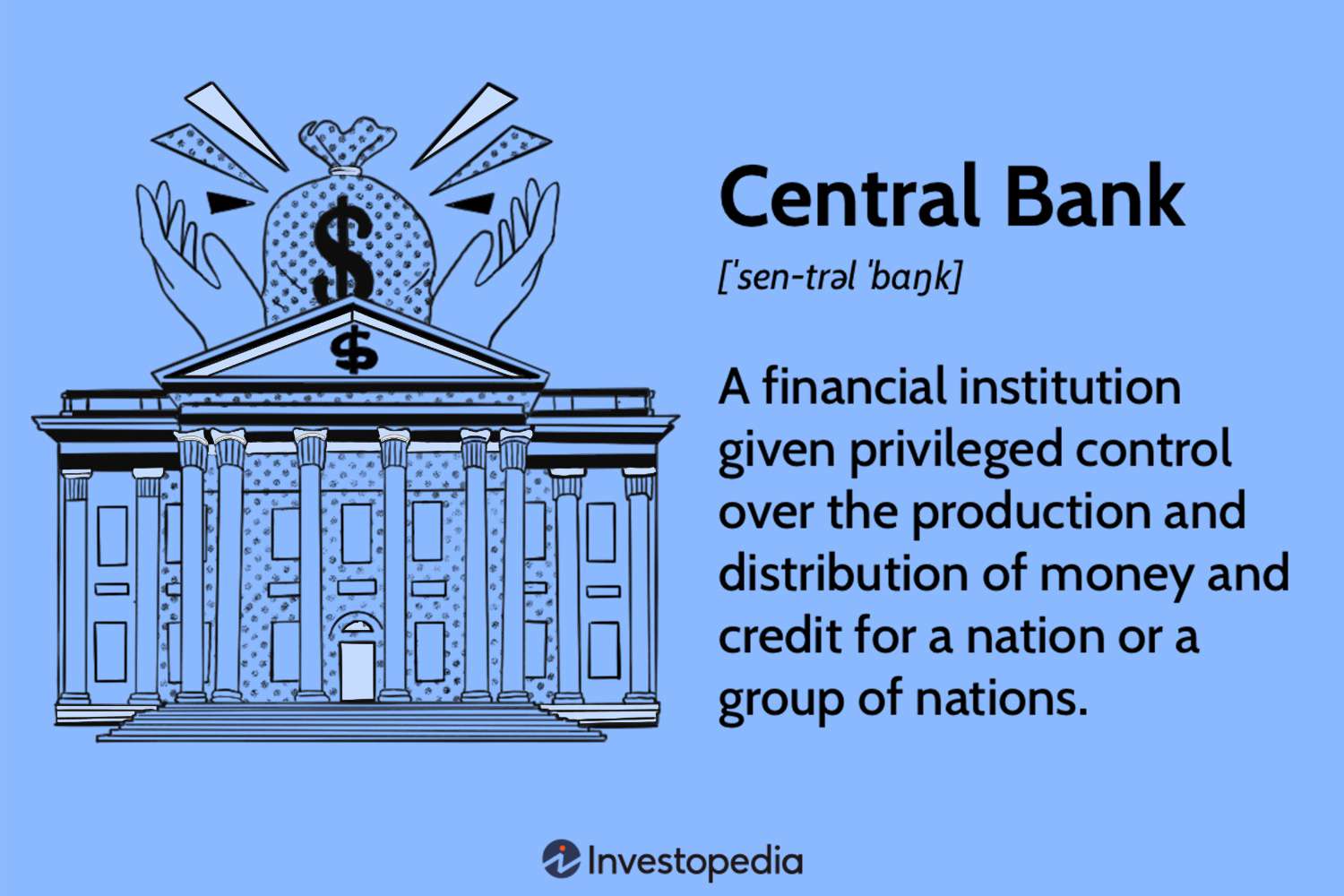Understanding the Importance of Budgeting
Budgeting is a crucial skill that empowers individuals and businesses to manage their finances effectively. Why is budgeting essential? It provides a clear picture of income versus expenses, helping to identify areas for savings and investment. By establishing a budget, you can prioritize spending, avoid debt, and achieve financial goals.
The Benefits of Effective Budget Management
Effective budget management offers several advantages:
- Financial Clarity: Knowing where your money goes helps you make informed decisions.
- Goal Achievement: Setting and tracking financial goals becomes easier.
- Debt Reduction: A well-planned budget can help you pay off debts faster.
- Emergency Preparedness: Budgeting allows for savings that can be used in emergencies.
Steps to Create an Effective Budget
Creating a budget may seem daunting, but breaking it down into manageable steps can simplify the process. Here’s how to get started:
Step 1: Review Your Current Financial Situation
Before creating a budget, assess your current financial status. What should you consider?
- Income Sources: Identify all sources of income, including salary, bonuses, and side gigs.
- Fixed and Variable Expenses: List all expenses, categorizing them into fixed (rent, utilities) and variable (entertainment, dining out).
Step 2: Set Realistic Financial Goals
Setting achievable goals is vital for effective budgeting. How can you set these goals?
- Short-Term vs. Long-Term Goals: Differentiate between immediate needs (like paying off credit card debt) and long-term aspirations (like saving for retirement).
- SMART Goals: Ensure your goals are Specific, Measurable, Achievable, Relevant, and Time-bound.
Popular Budgeting Techniques
There are various budgeting techniques that can help you manage your finances efficiently. Here are some of the most effective methods:
The 50/30/20 Rule
This popular budgeting model divides your after-tax income into three categories:
- 50% Needs: Essential expenses such as housing and food.
- 30% Wants: Non-essential items like entertainment and dining out.
- 20% Savings/Debt Repayment: Allocating funds for savings or paying off debts.
This method is flexible and easy to implement, making it suitable for both personal and business finances.
Zero-Based Budgeting
Zero-based budgeting requires every dollar to be allocated to specific expenses or savings, resulting in a net balance of zero at the end of the month. This method encourages thorough analysis of spending habits and ensures that every expense is justified.
Incremental Budgeting
Incremental budgeting takes the previous year’s budget as a base and makes adjustments based on expected changes in income or expenses. This method is less time-consuming but may not be as responsive to changing financial circumstances.
Monitoring Your Budget Regularly
Once your budget is established, regular monitoring is essential to ensure it remains effective.
Conduct Monthly Reviews
Review your budget monthly to track spending patterns. This allows you to:
- Identify areas where you may be overspending.
- Adjust categories as necessary based on changing circumstances.
Use Budgeting Tools
Consider using budgeting apps or spreadsheets to simplify tracking. These tools can help automate calculations and provide visual representations of your financial situation.
Take Control of Your Finances Today
Managing your finances like a pro involves understanding your financial situation, setting realistic goals, choosing the right budgeting method, and regularly monitoring your progress. By following these steps and utilizing effective budgeting techniques, you can achieve financial stability and work towards your long-term goals.Incorporate these strategies into your daily life, and you’ll find that effective budgeting not only enhances your financial health but also reduces stress related to money management. Start today—your future self will thank you!









